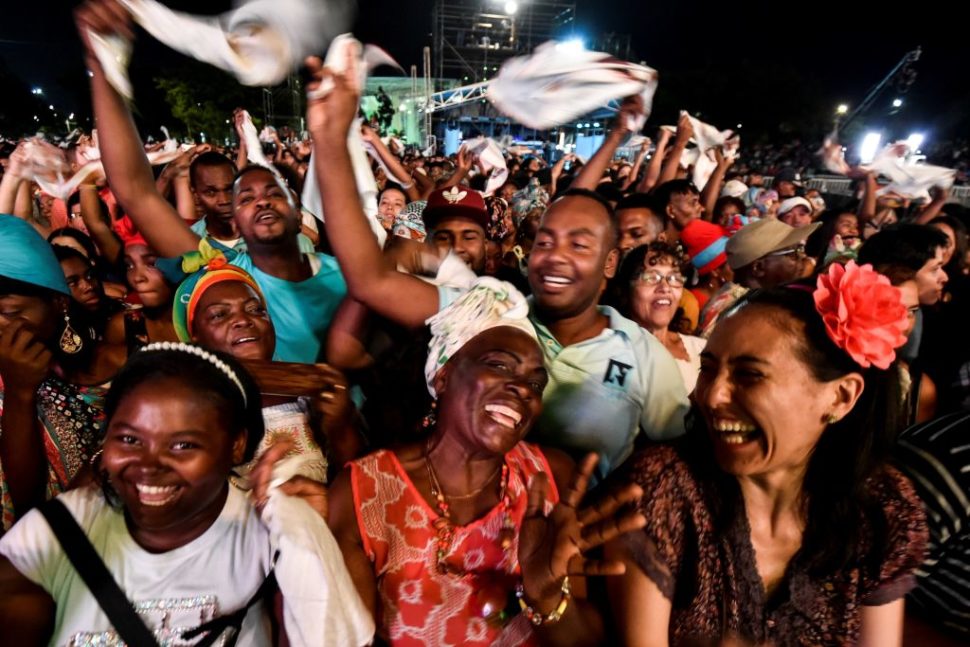The term Afro-Latino is a descriptor for individuals with Latin American and African roots. Essentially, it signifies being of Latin American descent with African heritage. More recently, the term Afro-Latinx has emerged, seeking to embrace gender inclusivity. However, these labels are more than just linguistic constructs; they represent a complex intersection of culture, ethnicity, and heritage.
Within the United States, Afro-Latinos have often found themselves caught between two worlds. In various settings, Afro-Latinos are compelled to categorize themselves as Latino or African descent, reflecting society’s tendencies to oversimplify complex identities.
Historical Roots of Afro-Latinos
To understand the origins of Afro-Latinos, one must delve into history. While many Africans were enslaved and taken to the United States, many were transported to Spanish and Portuguese colonies. This shows itself in Caribbean countries, where a significant proportion of the population has a heritage characterized by a blend of African, indigenous, and European roots. This amalgamation is evident in the physical appearance of the people as well as their cuisine and musical traditions, which exhibit clear connections to African culture.
Discrimination and Concealment
The historical backdrop of skin color as a basis for discrimination has led Afro-Latinos to conceal their African heritage. Instead, they chose to identify primarily with their national or regional identities. This concealment was a response to the racial prejudice they faced. Only in recent generations has there been a resurgence of Afro-Latino pride and an acknowledgment of this rich heritage.
Modern Afro-Latino Identity
A 2016 study by the Pew Research Center revealed that one in four Latinos in the United States self-identify as Afro-Latino, Afro-Caribbean, or of African descent with roots in Latin America. This statistic underscores the growing recognition of this multifaceted identity.
While it may be easier for those with visibly African features to acknowledge their heritage, many are beginning to assert their Afro-Latino identity based on their ancestral ties, even when those ties may not be immediately apparent.
The Impact of Afro-Latino Identity
Afro-Latinos embracing their heritage contribute to a broader narrative of acceptance and unity. Historically, skin color has been used as a tool for division, discrimination, and oppression. By acknowledging their African ancestry, Afro-Latinos celebrate their identity and challenge the deeply ingrained racism that has permeated societies.
Prominent Afro-Latinos
Afro-Latinos have made significant contributions to various fields. Figures like poet and writer Elizabeth Acevedo, who aims to promote diversity in children’s literature, and Mariano Rivera, the first unanimously elected Baseball Hall of Fame inductee from Panama, serve as inspirational role models.
Television personality and producer Alani Nicole Vázquez (La La Anthony) and actor Lázaro Alonso are among the many individuals who have embraced their Afro-Latino identity and articulated its importance. Lázaro Alonso aptly summed up the sentiment in an interview with Revolt: “I’m Black first. Cuban-American or Latin-American, that’s not a race; that’s an ethnicity. My race is Black. It doesn’t matter what country your Blackness is from.”

The term Afro-Latino represents a rich and complex identity intertwined with the history of the African diaspora in Latin America. While it has taken time for this identity to gain recognition, it is gradually becoming a source of pride and a means to challenge racial discrimination. Embracing one’s Afro-Latino heritage is a celebration of diversity and a step toward fostering unity within the Latino community.
